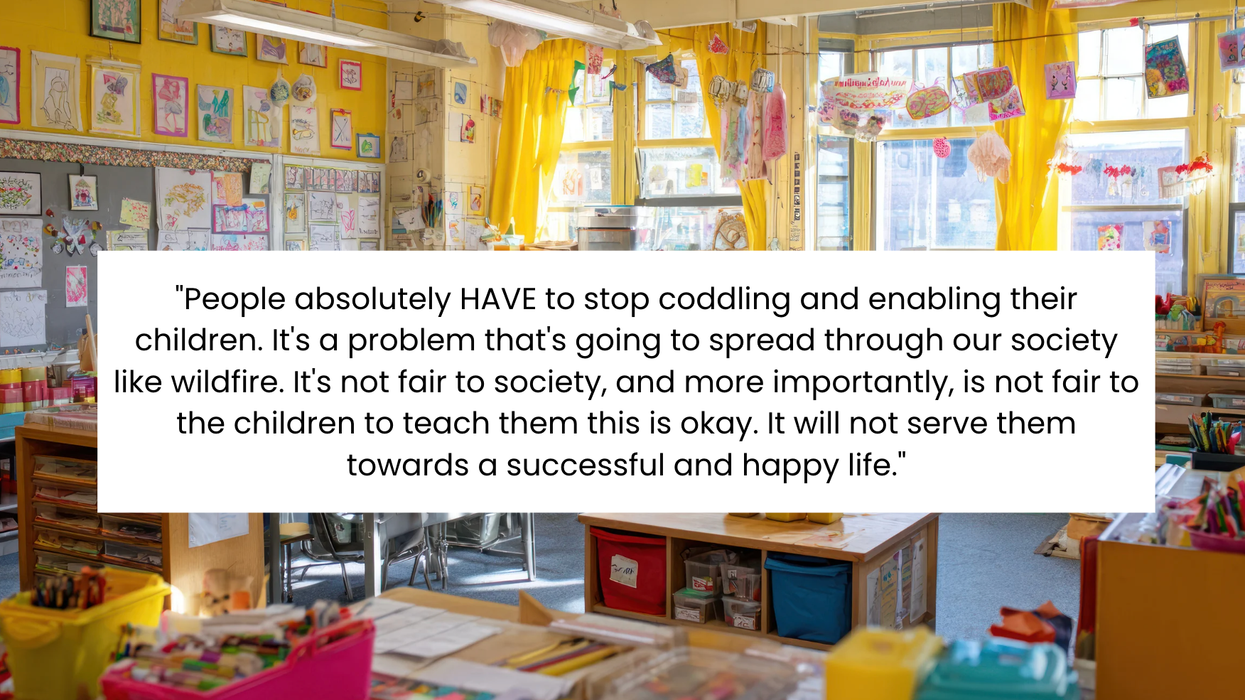Over the weekend, The Washington Post ran an editorial titled "Why Going Green Won't Make You Better or Save You Money," which outlined the problem of moral licensing in relation to buying organic, sustainable, or environmentally-focused goods and services. The article suggests that for many people, buying responsible products makes it easier to justify other types of bad behavior.
University of Toronto behavioral marketing professor Nina Mazar showed in a recent study that people who bought green products were more likely to cheat and steal than those who bought conventional products. One of Mazar's experiments invited participants to shop either at online stores that carry mainly green products or mainly conventional products. Then they played a game that allowed them to cheat to make more money. The shoppers from the green store were more dishonest than those at the conventional store, which brought them higher earnings in the game.
Other studies showed that some people who bought efficient washers increased their usage and that people who traded in their incandescent bulbs for CFLs tended leave their lights on longer; in another study, a third of people "who greened their homes" saw no reduction in their energy bills.
Granted, the samples from these studies are fairly small, but equivocation and moral licensing are part of our nature, so it wouldn't be particularly surprising for the findings to hold true. We owe it to ourselves to remember that "conscious consumption" doesn't end with what we buy; it also matters how we use it.
















 Otis knew before they did.
Otis knew before they did.